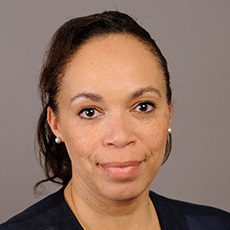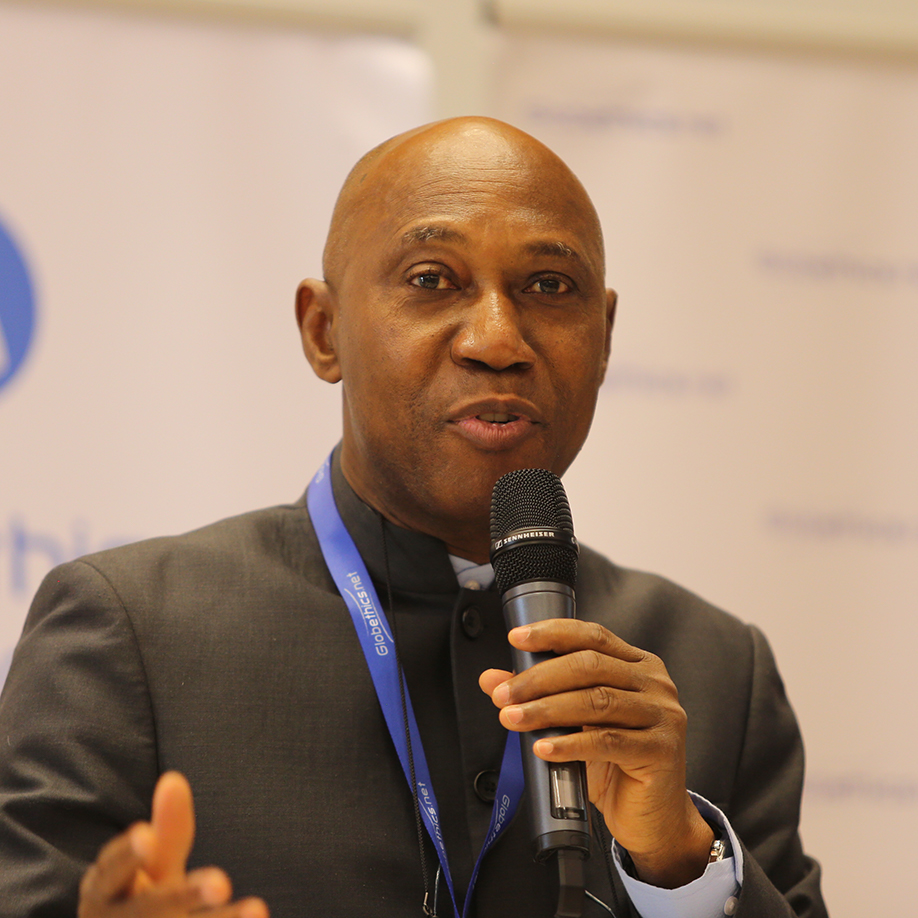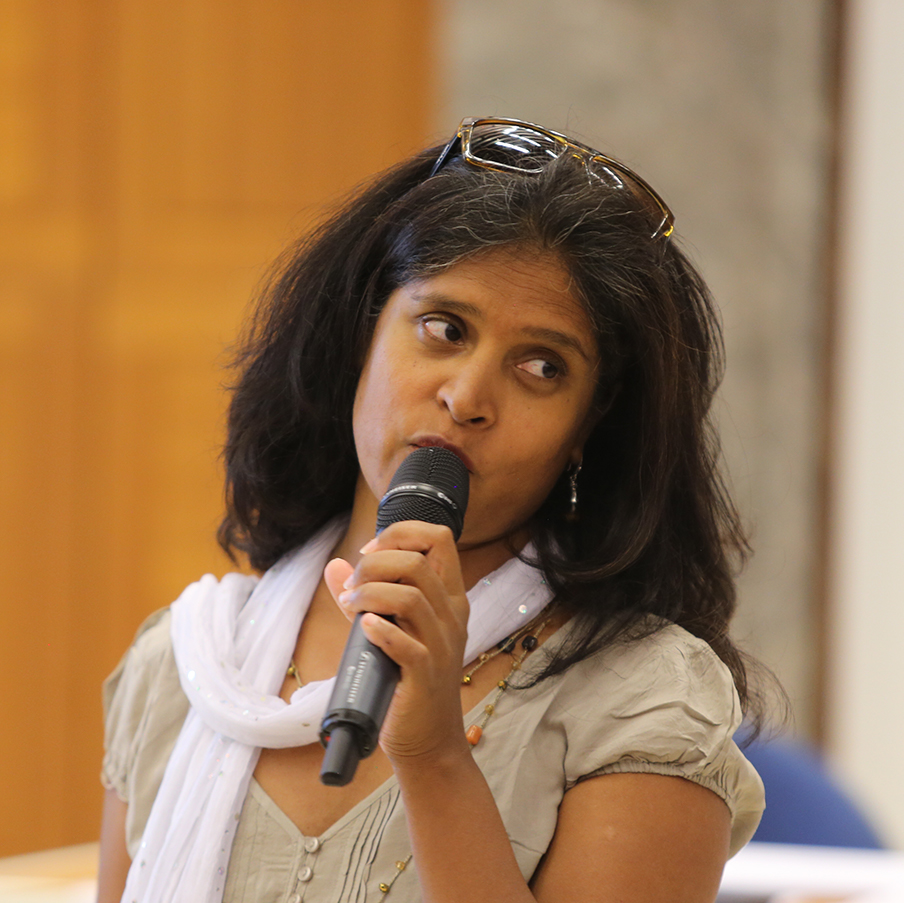African Church Assets Programme
African Church Assets Programme
Training Description
Asset management of the human and material resources of Churches has been identified as a key issue preventing the promotion of all-round financial sustainability and overall development of Churches and Church-related organisations in the spread of the Gospel and the improvement of livelihoods.
This training addresses directly these issues and provides Church leaders and religious organisations administrators the competences and tools necessary to implement on their churches:
- Inventory and mapping of Fixed Assets
- Improvement Investment of Fixed Assets
- Report back home and sensitize those left behind on good stewardship of assets
- Develop a theological curriculum
Improving these aspects will not only improve the churches and religious organisations services but will attract future investors.
Syllabus
The duration of the training is one year. Over this period, the course will be divided into three different phases.
Phase I: Strategizing and partnership engagement
In order to have knowledge of the landscape of ethical investments, a desk-research needs to be executed. Current ethical investment portfolios will be assessed, measures shall be studied and the actions plans of participants assessed with regard to their status and needs, noting the percentage of ethical investments out of the total investment portfolio of each Church or religious organisations. They will be stimulated to develop, and/or modify concrete investment projects to be presented at the Ethical Investment Summit in March/April 2019.
Phase II: Ethical Investment Summit
During this event, the attracting of investors, as well as the capacity-building of Churches and Religious Organisations, will come together. Investors and development agencies will be brought together to open up to ethical investments in Churches and Religious Organisations in their countries. This Summit, to be seen as a market and exhibition space will be a place where concrete projects are showcased and pitched to investors and development agencies. The summit will be a place of networking, innovation and negotiation.
Phase III: Follow up and evaluation
The effectiveness of the programme will be measured through several indicators. The number of investments deals made and the proportion of ethical investments in investment portfolios will be compared with the baseline study undertaken at the beginning of the course. An evaluation survey will be distributed after every activity, which will indicate results and means of improvement.
Teaching Methods
The training format will be delivered through off-site interactive workshops. The participants will be divided into small groups, 5-6 persons per group. The expert will drive them through a series of group discussions, group exercises and personal assignments throughout each workshop. The workshop is blended learning, it will combine online educational materials with classroom methods. Globethics will develop the training materials using PowerPoint presentations, Word documents and online support and to the extent possible make use of a minimum amount of paper.
Instructors

Amélé Ekué
Togo/Germany
Academic Dean
Protestant Theologian and Professor of Ethics

Obiora Ike
Nigeria / Germany
Prof. Dr, Professor of Ethics in Nigeria and Germany, development expert

Nadia Balgobin
Switzerland / Mauritius
Rer Pol, Expert in procurement, ethics management,and anti-corruption
Fees and Registration
Please contact us for more information on fees and registration process:
|
Chat with our advisers + 41 22 791 62 49 |
Send us an email at |
